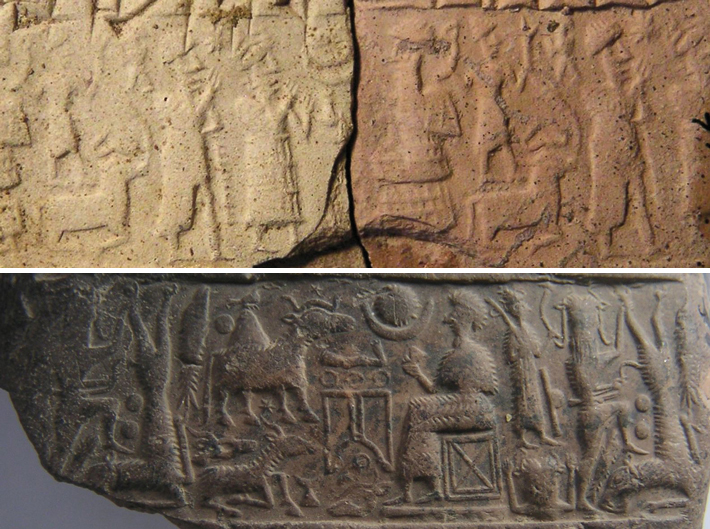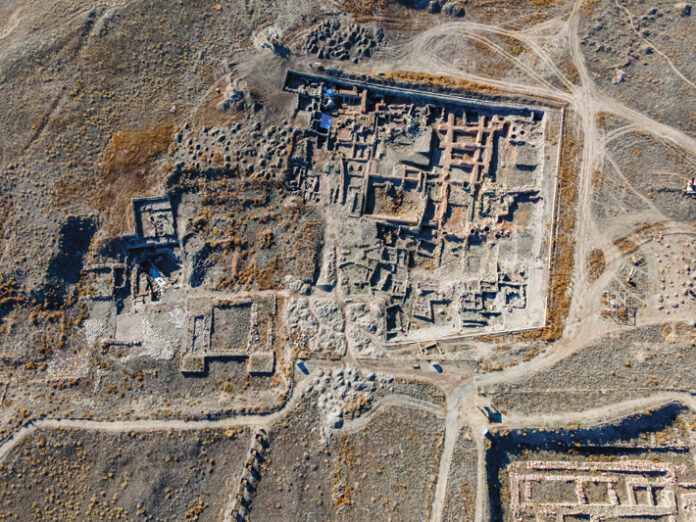Once upon a time, in the ancient Assyrian city of Assur, there lived a woman named Zizizi. Like many young women of her time, she married a merchant and set off with him to the faraway city of Kanesh, located in what is now modern-day Turkey. Around the year 1860 B.C., Zizizi and her husband journeyed to Kanesh, where he traded textiles. Tragically, her husband passed away, leaving Zizizi to make a difficult decision about her future.
Instead of returning home to her family in Assur, Zizizi chose to marry a local man in Kanesh. This decision infuriated her parents, Imdi-ilum and Ishtar-bashti, who had expected her to come back to them. Her father, Imdi-ilum, took a reed stylus and pressed neat wedge-shaped cuneiform characters into a small clay tablet. He wrote, “Before god, you do not treat me, your father, like a gentleman! You have left the family!” Zizizi’s mother, Ishtar-bashti, also signed the letter, adding her own disapproval. While they did not explicitly condemn Zizizi’s choice of a new husband—they had even supported her financially—they were deeply hurt that she had not done more to aid the family business of exporting textiles to Anatolia. “We are not important in your eyes,” they lamented.

After completing the letter, the tablet was left to dry in the sun near their home in Assur, located on the banks of the Tigris River in modern-day Iraq. Once dried, it was wrapped in a thin cloth and placed in a clay envelope. Following Assyrian custom, one or both of Zizizi’s parents took a stone cylinder hanging from a cord around their neck and rolled it across the envelope’s surface, creating a seal. Ishtar-bashti’s seal, featuring tall deer-like figures with long horns standing upright and leaning on staffs, was unique to her and served as an ID to signal that the letter was indeed from Zizizi’s mother.

The tablet was then packed onto a donkey caravan, beginning a six-week journey across 750 miles. It traversed the Syrian steppe, southeastern Turkey’s Taurus Mountains, and the Anatolian plains until it finally reached Kanesh. By this time, Zizizi had established herself as a successful moneylender. Though she had settled into her new life, the letter from her parents undoubtedly stirred complex emotions. She filed away the tablet in a private archive in her home, a tangible reminder of her family’s love and disappointment.
Nearly 4,000 years later, archaeologists uncovered this ancient letter during excavations at the site of the ancient city, now known as Kültepe. The site, a low grassy plain crowned by a tall mound, yielded more than 23,000 cuneiform tablets. Among them, epigrapher and Assyriologist Cécile Michel of the French National Center for Scientific Research curated and interpreted over 300 letters written by or to women of the literate Assyrian merchant class. “With private correspondence, we go deeper and get closer to the people,” Michel noted. “It’s a contrast to official language, where there’s a big distance between what people write and what people think.”
Thus, the story of Zizizi and her parents’ heartfelt, if angry, letter provides a glimpse into the personal lives and emotions of an ancient civilization, bridging the gap between the distant past and our understanding of human relationships today.




